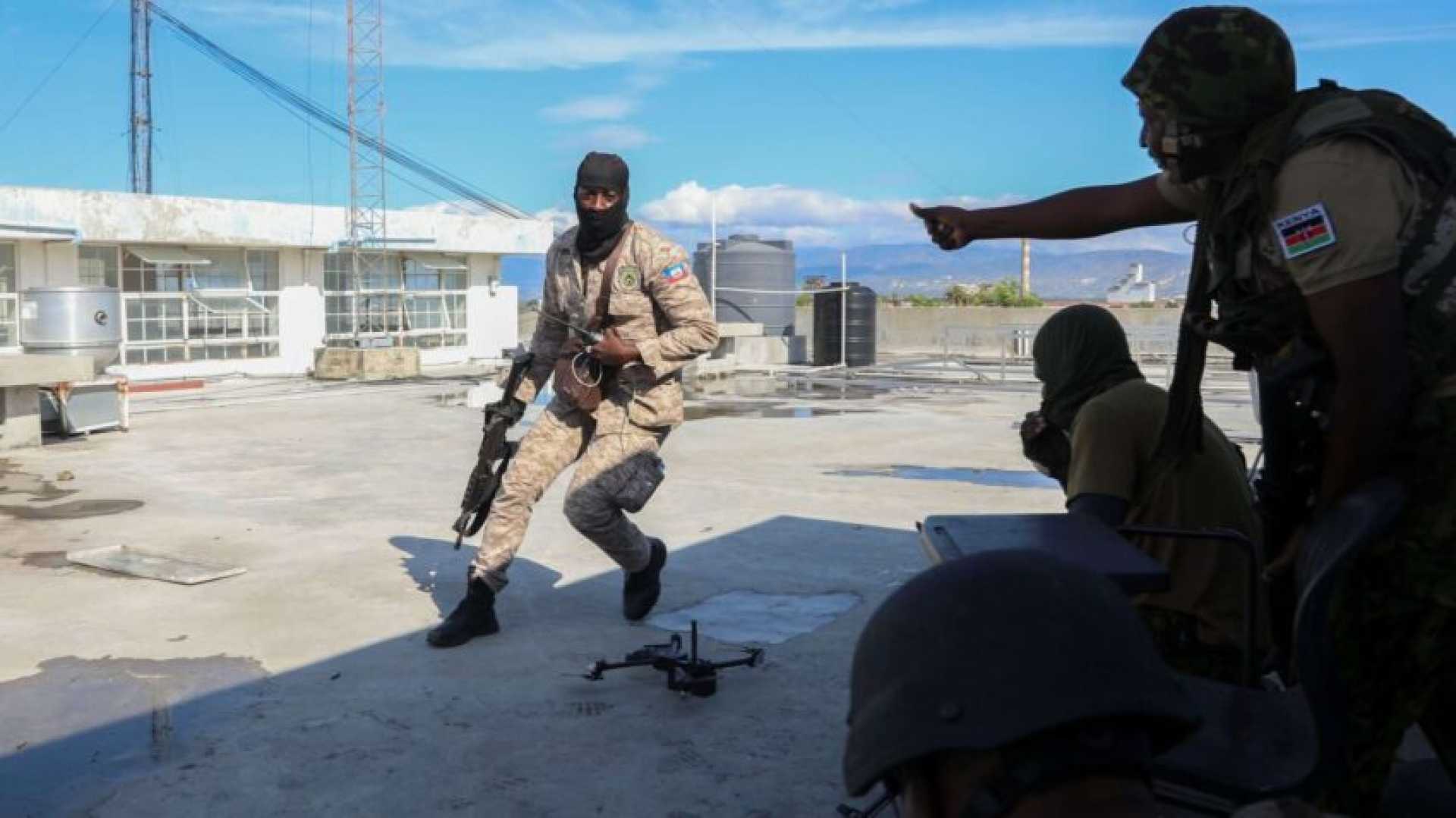News
Haitian Drone Attacks Target Gangs Amid Port-au-Prince Violence

PORT-AU-PRINCE, Haiti — Residents of the troubled Haitian capital are witnessing an unprecedented response to rampant gang violence through drone attacks conducted by their embattled government. The strikes, which have reportedly killed at least 300 people since beginning in March, aim to reclaim areas of the city under gang control.
On one recent morning, Jimmy Antoine, a 23-year-old mechanic, described how the ground shook beneath his feet, making him fear another earthquake akin to the devastating one in 2010. But this time the jolt came from above, a weaponized drone exploding in the neighborhood of Sico. “It felt like it exploded right where I was standing,” he said.
The usage of armed drones has escalated as the government struggles to regain control of Port-au-Prince, where gangs are said to hold near-total power. According to the National Human Rights Defense Network, almost 400 people have been injured in drone attacks, which have swiftly circulated online through social media, amplifying fear among civilians.
In one video identified by The Guardian, a drone targeted armed individuals in a gang-controlled area known as Fort National. The drone strikes, while meant to deter gang activity, also have drawn criticism. Experts question the legality of employing drones in an environment not officially declared a conflict zone.
Erik Prince, founder of the private military contractor Blackwater, has been linked to efforts in training forces to implement these drone strategies, with reports suggesting he has dispatched a significant cache of weapons to Haiti.
Fritz Alphonse Jean, head of the transitional council, confirmed the government’s reliance on a private security firm for these operations but refrained from disclosing financial specifics. He underscored the inadequacies of local police in addressing the chaos. In a rare display of solidarity, some human rights activists have backed the drone strikes, arguing that the gangs’ capabilities necessitate such actions.
Rosy Auguste Ducéna of RNDDH voiced a contrasting perspective, stating, “We cannot dismiss the fact that these operations are having an impact on them.” Many in Port-au-Prince recognize a slight drop in the once-dominant gang activity, with schools and banks seeing a resurgence, aided by the drone-deployment strategy.
However, Ducéna expressed her concern over political control of military tactics. “A political authority should not be leading a team conducting this type of operation,” she said. There are fears that the gangs may retaliate with similar tactics, potentially escalating violence further in the capital.
The situation in Port-au-Prince remains critical, yet some residents, like Belony Jassé, believe they are now feeling safer. “Many banks have reopened, and many schools are open again. There is no longer the same tension as during the height of the insecurity,” he noted. The government’s drone warfare, while contentious, could be shifting a vicious cycle of violence into a new, uncertain reality.












